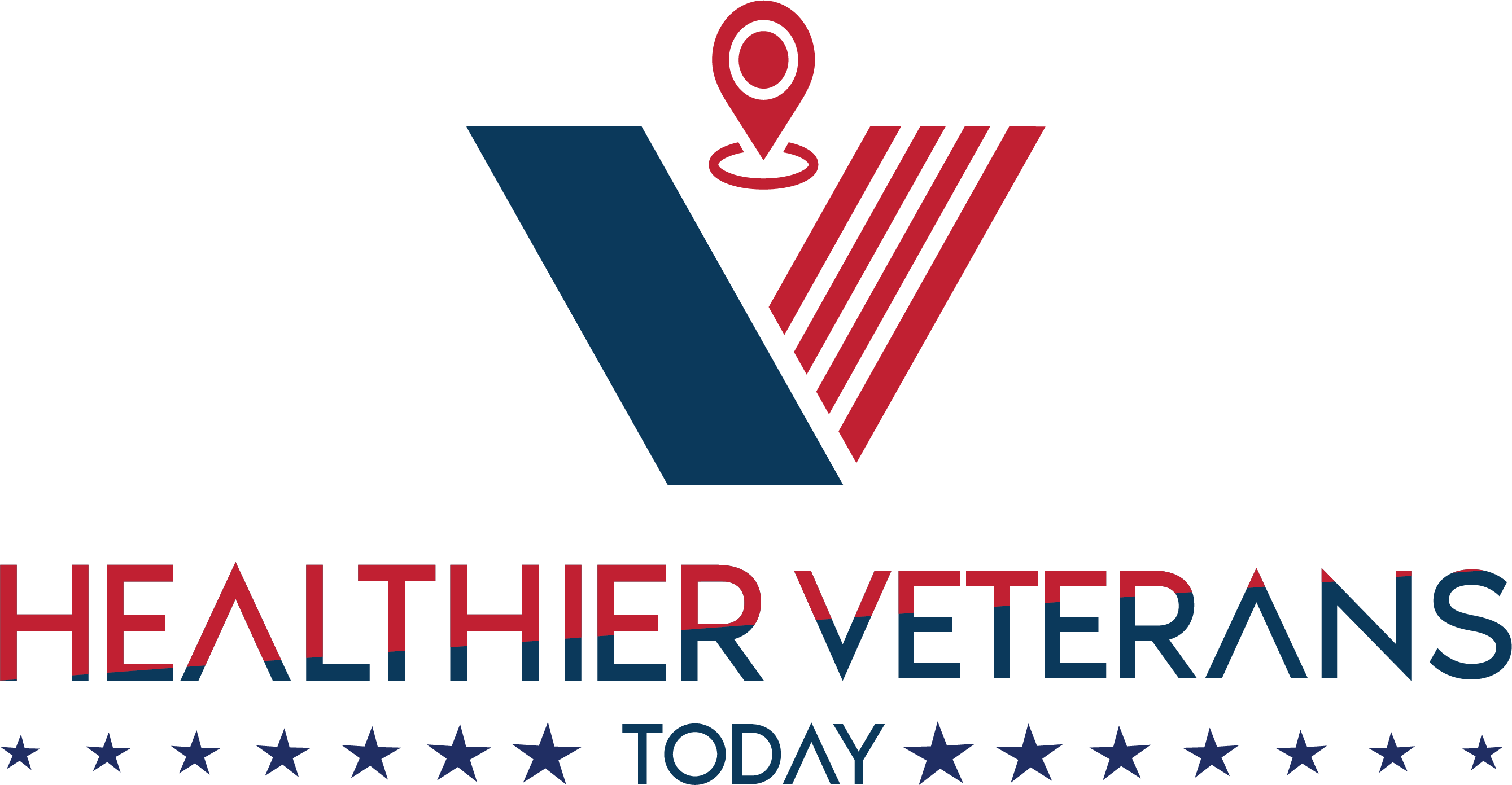Want to get approved for disability claims? It can be incredibly overwhelming when dealing with a health condition and trying to sort the paperwork out. Understanding the factors that influence the chances of approval can give you peace of mind and help you navigate the process effectively. This article guides you through what short-term disability is, the signs that you will get approved for disability, the common pitfalls and even what action to take when the claim has been denied. Let’s start!
Table of Contents
Understanding Short Term Disability
Short term disability insurance provides individuals with a portion of their income if they are unable to work due to a medical condition. It usually lasts up to 6 months.
These medical conditions are:

- Musculoskeletal Disorders: They often cause significant pain and limit their mobility, which makes it impossible for them to perform physical job duties.
- Mental Health: These conditions impact focus, decision-making and functioning. It requires both time off and treatment.
- Pregnancy and Childbirth: Some conditions can arise during the 9 months of pregnancy or after childbirth. Mothers may need to rest and medical intervention.
- Surgery and Recovery: Surgery takes a toll on the body, so rest is crucial. Some require rehabilitation to perform regular job duties again.
- Chronic Conditions: These issues can cause flare-ups or even deteriorations that prevent individuals from working.
- Acute Medical Conditions: These conditions can lead to hospitalization, which is why time off is crucial.
- Neurological Disorders: Loss of motor functions and seizures require immediate treatment and recovery time.
- Cancer and Treatment: Cancer causes strain on the body, but treatments are physically exhausting and prevent individuals from working.
- Respiratory Disorders: These disorders cause individuals to have breathing issues, making it impossible to work. It can be dangerous.
These benefits are meant to be a space holder for some time while individuals are recovering. Each policy is different, but understanding the basic requirements and how the process works is important. The next section talks about the signs that you will be approved for disability.
Signs That You Will Be Approved for Disability

There are a few factors that influence the possibility of getting this benefit.
They are:
Sign 1: Clear Medical Documentation
Clear and comprehensive medical documentation is extremely important in the process. It includes detailed medical records, notes from doctors, test results and any other relevant evidence that supports the claim. In this case, the more the merrier!
Now, because this is for short term disability claims as opposed to permanent disability claims, individuals should submit not only the diagnosis and severity of the condition but also the treatment plan as well as the expected duration of the inability to work.
Sign 2: Employer Support
Having the support of the employer is a great sign that your claim will be approved. This is because employers play a crucial role in the process.
They provide the following information:
- Job duties
- Work history
- Workplace accommodations, if any
Other than providing information, it adds credibility when an employer supports your claim. Some workers fabricate injuries and illnesses or exaggerate cases to receive these benefits. Insurance companies are aware of this and want to avoid both fraud and misuse of benefits; therefore, credibility is key.
Sign 3: Meeting Policy Criteria
As is with any claim, individuals should meet a specific criteria to get approved.
Here is what everyone should know about meeting the criteria:
- Policy requirements
- Definition of disability
- Waiting periods
- Coverage limitations
Sign 4: Consistent Treatment and Follow-Up
Insurers look for evidence that individuals are seeking treatment and are committed to recovering – aka getting their jobs back. So, consistently following a treatment plan and attending medical appointments strengthen your case.
Sign 5: Positive Feedback from a Medical Professional
Positive feedback might give an individual’s case the push it needs. But from who and what should it say? Supportive statements from a healthcare provider that state the current conditions and that it prevents them from working can be powerful.
It should also have outlined the following:
- Limitations
- Support needed
Common Pitfalls to Avoid

While there are clear signs that you’ll be approved for disability claims, there are also common pitfalls. Avoiding these mistakes can make the process smooth. Let’s take a look!
Pitfall 1: Incomplete or Inaccurate Forms
Forms that aren’t filled out properly can be denied. Therefore, ensure that the medical records are up to date and that every last question has been answered.
Pitfall 2: Lack of Clear Communication
Effective communication is essential among employers, healthcare providers, and insurance companies. Individuals must respond promptly and clearly.
Pitfall 3: Ignoring Policy Deadlines
These policies have very strict deadlines for both completing and submitting supporting documents. Missing any of them can result in a denied claim. Review the policy’s timeline to avoid these unnecessary complications.
What to Do if Your Claim is Denied
If the claim is denied, don’t lose hope. Individuals have the right to appeal insurers’ decisions. This process begins with reviewing the denial letter, which helps you understand the reasons behind it. If any information that has led to the denial is missing, address it. Individuals can also consult with an attorney or a disability advocate to help you navigate the appeal process. They can improve your chances of success significantly.
Conclusion

Securing the benefits from short term disability can be a lifeline that keeps individuals afloat while recovering. This can be challenging, but signs like clear communication, support from the employer, meeting the criteria, consistency, and positive feedback can help navigate this process and ultimately lead to success.





